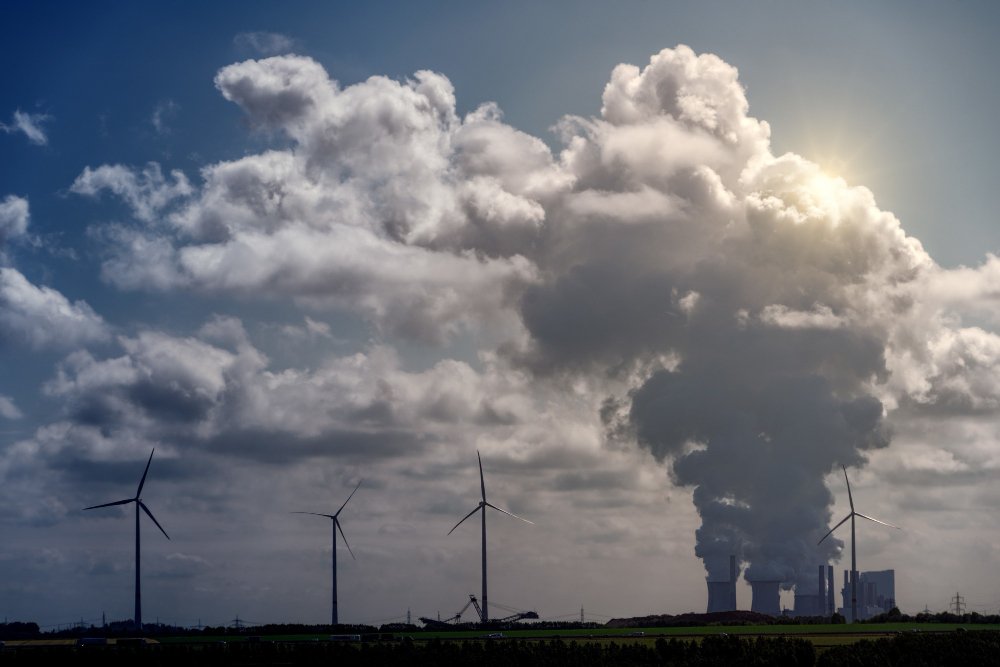Record greenhouse gas levels and rising temperatures require immediate action. With extreme weather intensifying and emissions targets unmet, urgent mitigation and adaptation efforts are critical.
Greenhouse Gas Levels Reach All-Time Highs

Greenhouse gas concentrations are at unprecedented levels, driving future temperature increases. The emissions gap between current policies and climate aspirations remains alarmingly wide. According to the United in Science report, there is a two-thirds chance that global temperatures will rise by 3°C this century if current policies persist.
Extreme Weather and Record Temperatures Highlight the Urgency

Human-induced climate change is causing rapid and widespread shifts in our atmosphere, oceans, cryosphere, and biosphere. The year 2023 was the hottest on record by a significant margin, and extreme weather events have continued into 2024. Global greenhouse gas (GHG) emissions climbed by 1.2% from 2021 to 2022, reaching 57.4 billion tons of CO2 equivalent. CO2, methane (CH4), and nitrous oxide (N2O) concentrations have also hit new highs.
Emission Reduction Targets and the Need for Immediate Action
The Paris Agreement initially projected a 16% increase in greenhouse gas emissions by 2030 compared to 2015 levels. Recent updates suggest this increase may now be only 3%, showing some progress. However, to keep global warming below 2°C or 1.5°C above pre-industrial levels, emissions must be cut by 28% and 42%, respectively, from current projections. With existing policies and Nationally Determined Contributions (NDCs), global temperatures could rise by 3°C this century. Only if all conditional NDCs and net-zero pledges are fully implemented, is there a chance to limit warming to 2°C, with only a 14% likelihood of achieving the 1.5°C target.

There is an 80% chance that one of the next five years will see temperatures exceed 1.5°C above pre-industrial levels. Furthermore, there is a 47% chance that the average temperature for 2024-2028 will surpass this threshold. The Paris Agreement’s 1.5°C limit refers to long-term warming averaged over 20 years.
Urgent action is necessary for both mitigation and adaptation. Yet, one-sixth of countries still lack national adaptation plans, and international public adaptation finance has been declining since 2020. Immediate and enhanced efforts are crucial to address these gaps and prevent further climate-related damage.








